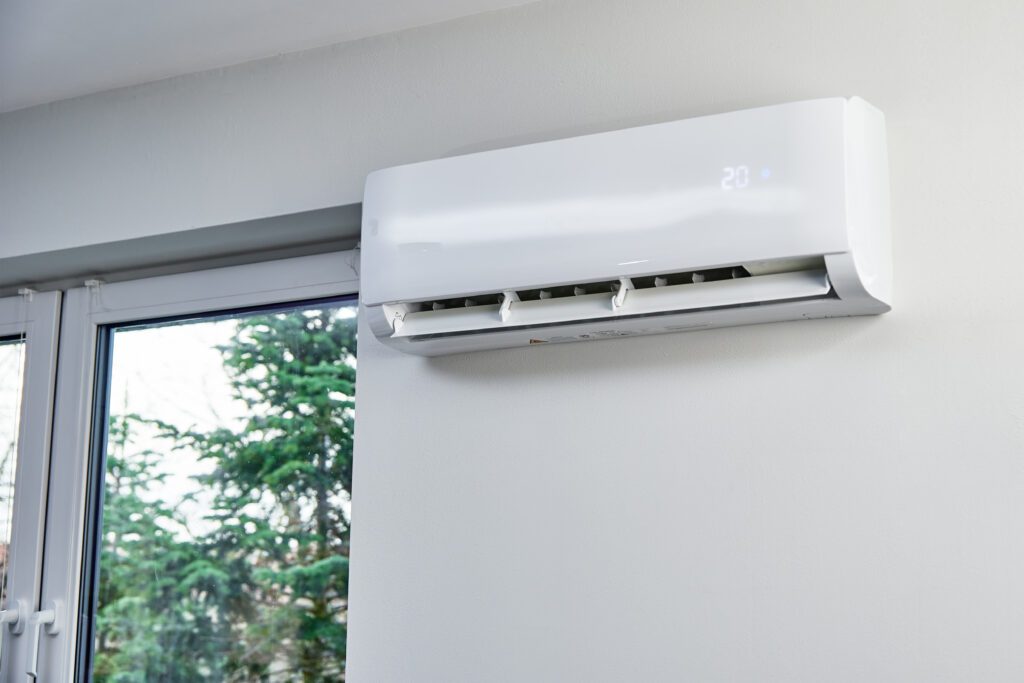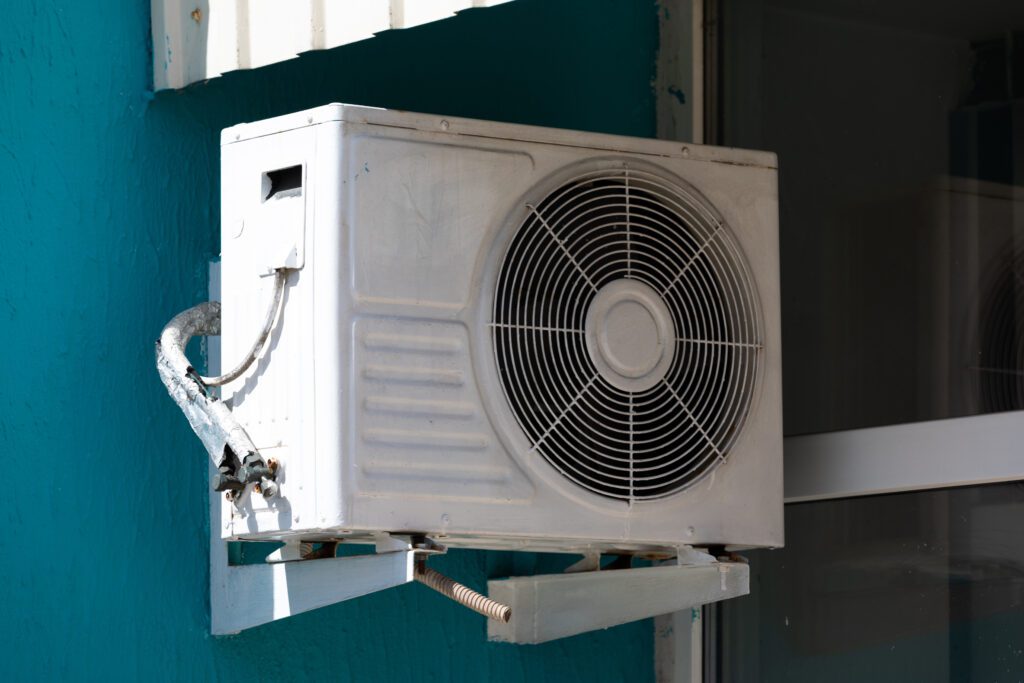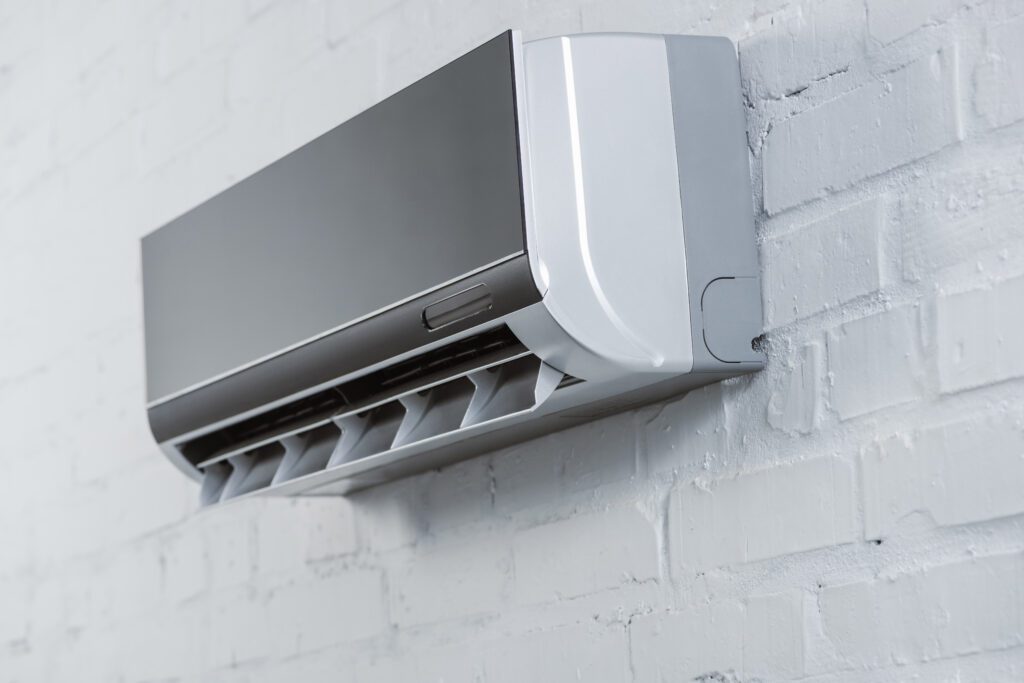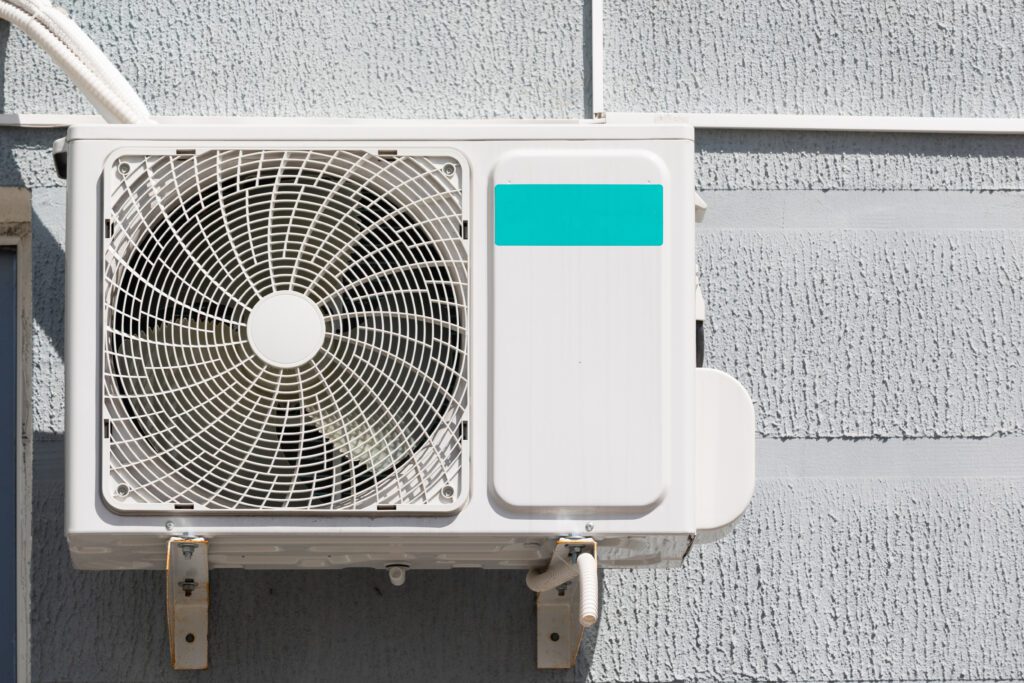If you find yourself asking yourself “Why Is My AC Running But Not Cooling?”, then it’s time to look deeper into what could be causing AC issues. Understanding the basics of air conditioning can help shed some light on why this might be happening. Let’s explore the key components involved in the cooling process and common reasons why your AC might not be functioning as it should.
Understanding the Basics of Air Conditioning
In order to grasp why your AC might not be cooling, it’s important to know how air conditioning works. One vital component is the compressor, which plays a key role in the cooling process. When the air conditioner is turned on, the compressor works by compressing low-pressure refrigerant vapor into high-pressure vapor. This high-pressure vapor then makes its way to the condenser to release heat and transform it back into a liquid form.
The Role of the Compressor
The compressor is the heart of your air conditioning system. Its function is to circulate refrigerant and compress it, allowing it to absorb heat from your indoor environment and release it outside. If the compressor is not functioning properly, it can lead to your AC running but not cooling efficiently.
Moreover, the compressor is often referred to as the “engine” of the air conditioning system. It works tirelessly to maintain the desired temperature in your home by continuously circulating the refrigerant and facilitating the heat exchange process. Regular maintenance and timely repairs are essential to ensure the compressor operates at peak performance.
The Importance of Refrigerant
Refrigerant is another crucial element in the cooling process. It absorbs heat from the air inside your home, allowing it to cool down. However, if there is a refrigerant leak or the level is too low, it can hinder the cooling process and result in your AC not cooling properly.
It’s important to note that handling refrigerant requires specialized knowledge and equipment due to its potential environmental impact. If you suspect a refrigerant leak or low levels, it’s best to contact a professional HVAC technician to assess and address the issue promptly. Maintaining the proper refrigerant levels is essential for the efficient operation of your air conditioning system and overall home comfort.
Common Reasons for AC Not Cooling

There are several common reasons why your air conditioner might not be cooling effectively. Let’s explore some of the most frequent culprits.
Thermostat Issues
A malfunctioning thermostat can cause your AC to run but not cool. If the thermostat is not accurately detecting the temperature in your home, it may not signal the AC to activate the cooling cycle. Additionally, a thermostat that is incorrectly calibrated can lead to inconsistent temperatures and decreased cooling performance.
Moreover, another issue related to thermostats is their placement within the house. If a thermostat is installed near a heat source, such as a lamp or a sunny window, it may register a higher temperature than the actual room temperature, causing the AC to run longer than necessary. Ensuring proper thermostat placement away from heat sources is crucial for accurate temperature readings and efficient cooling.
Dirty Air Filters
Clogged or dirty air filters can also contribute to your AC’s inadequate cooling. When the air filters become dirty, they restrict airflow and hinder the cooling process. Regularly changing or cleaning the filters is essential for maintaining optimal cooling efficiency.
In addition to hindering cooling performance, dirty air filters can also lead to poor indoor air quality. As the filters become clogged with dust, pollen, and other particles, they can no longer effectively trap these contaminants, allowing them to circulate in your home. This can exacerbate allergies and respiratory issues, highlighting the importance of timely filter maintenance for both cooling efficiency and air quality.
Blocked Condenser Coils
The condenser coils, located in the outdoor unit, play a crucial role in releasing heat. However, if they become covered in dirt, dust, or debris, it can hinder the heat transfer process. This can result in reduced cooling performance and the AC running without effectively cooling your home.
Furthermore, vegetation such as bushes or trees growing too close to the outdoor unit can also obstruct the condenser coils, impeding proper heat dissipation. Regularly clearing any vegetation or debris around the outdoor unit can help ensure optimal airflow and efficient heat transfer, enhancing the overall cooling capacity of your air conditioner.
How to Identify AC Problems

Recognizing potential AC problems can help you address the issue early on and prevent further damage. There are a few signs you can look out for that indicate your AC might not be functioning correctly.
Regular maintenance is key to ensuring your air conditioner operates efficiently. By scheduling annual check-ups with a professional HVAC technician, you can catch potential issues before they escalate into major problems. During these inspections, the technician will clean the unit, check for leaks, and ensure all components are functioning properly.
Recognizing Unusual Noises
If your air conditioner starts making strange noises, such as grinding, squealing, or rattling sounds, it could be a sign of a mechanical issue. Unusual noises can indicate problems with the compressor, fans, or other components that may be impeding the cooling process.
Grinding noises often suggest that the motor bearings are worn out and in need of replacement. Squealing sounds could be a sign of a loose belt or issues with the blower motor. Rattling noises might indicate loose components within the unit. Ignoring these sounds can lead to further damage and potentially costly repairs.
Noticing Inconsistent Temperatures
If different areas of your home have varying temperatures, it could indicate an issue with your air conditioner. Inconsistent cooling may be a result of inefficient air circulation, refrigerant leaks, or thermostat malfunctions.
Refrigerant leaks can not only affect the cooling efficiency of your AC but also pose health risks to you and your family. Low refrigerant levels can cause the system to work harder, leading to increased energy consumption and higher utility bills. Additionally, leaks can result in environmental harm due to the release of harmful chemicals. It’s crucial to address refrigerant leaks promptly to prevent further damage to your air conditioning system.
DIY Fixes for Common AC Problems

Some AC issues can be resolved with simple do-it-yourself fixes. Here are a couple of solutions for common problems:
Changing Your Air Filters
If your air filters are dirty or clogged, replacing them can improve airflow and enhance cooling performance. Make sure to check your manufacturer’s instructions for the recommended filter replacement frequency.
Checking and Setting Your Thermostat
Verify that your thermostat is set to the correct cooling mode and temperature. Calibrate it if necessary or consider upgrading to a programmable thermostat for better temperature control.
When to Call a Professional
If the DIY fixes mentioned above do not resolve the issue and your AC is still running but not cooling, it might be time to seek professional help. Certain problems require the expertise of a trained technician.
Persistent Cooling Issues
If your air conditioner consistently fails to cool your home adequately despite your attempts to troubleshoot, it may be indicative of a more significant problem. A professional technician can diagnose the issue and recommend the appropriate solutions.
Electrical Problems
If you notice any electrical issues, such as frequent circuit breaker trips or unusual odors coming from your AC unit, it is essential to call a professional right away. Electrical problems can be dangerous and should be handled by a trained technician.
In conclusion, if your AC is running but not cooling, it is crucial to understand the basics of air conditioning, identify common reasons for cooling issues, and know when to call for professional assistance. By staying proactive and addressing AC problems promptly, you can ensure optimal cooling performance and comfort in your home.



